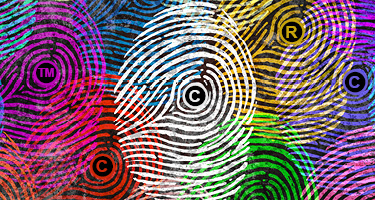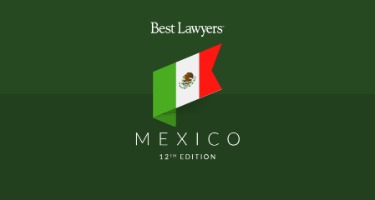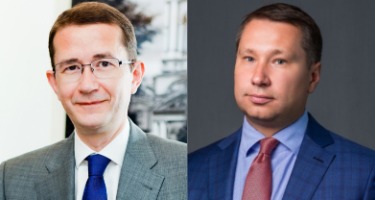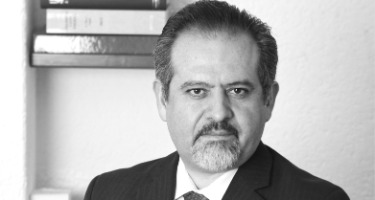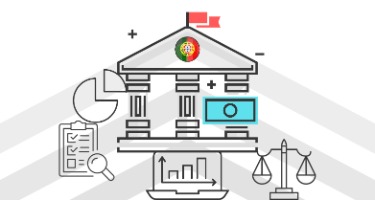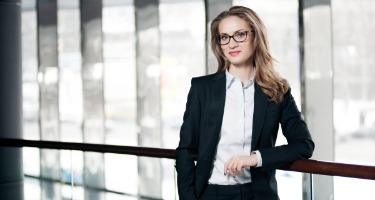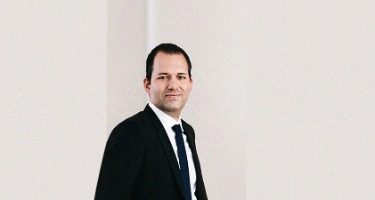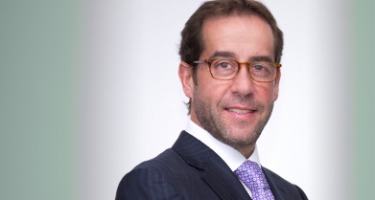From representing top companies to building one of the strongest IP practices in Mexico, Roberto Arochi has spent four decades in the field building up quite a reputation. In honor of Arochi & Lindner’s 2019 “Law Firm of the Year” award for Intellectual Property Law in Mexico, the founder and managing partner speaks with Best Lawyers CEO Phillip Greer about his career success and predictions for the new year.
Phillip Greer: What achievements are you most proud of for your firm from this last year?
Roberto Arochi: We won very important cases. Not only in trademarks, but in copyrights, patents, and advertising. So, there were a lot of topics for respect to IT. Which, I'm proud of because, for example, we won two cases in the Mexican Supreme Court. We saved money for our client because they were trying to charge royalties that they never proved. And that totaled $11 million.
In another case that we won, a copyright case, the other party was very powerful, politically. It's important your opponent knows when you go to court that you're serious, that you're honest, that you have been working very, very hard. You’re not going down without a fight. That's important.
So, if you ask me, "Roberto, what happened last year?" We won the most important cases in prosecution. Integration with 160 people. We want to be counselors, we want to solve problems, we want to have very serious and honest litigation.
[RELATED: "Best Law Firms" client surveys due May 17th.]
Can you tell us about one or two other landmark cases that stand out in your career?
I represented Procter and Gamble in a patent case for diapers. And it was very political, and I was able to at the end settle the case with Kimberly-Clark, which had the monopoly on diapers with a patent of a European company.
That was 25 years ago. Apple's cases have been very interesting, and it led to more technology work for us. For example, I have now Take-Two Interactive, a video game company. Currently, I have a case and we are in the second instance, and we're getting very good results. Working very hard. We have the largest enforcement team in the circle. Or the restoration of trademark True Religion which was canceled by a Mexican individual after 5 years litigation.
All these cases testify to the strength of our firm. We have around 45 percent of the litigation of this country, including almost 60 percent of the enforcement. We have 15 technicians and a very strong advertising and marketing law area, with a regulation grow area. So, it's daily hard work. I'm very happy and very pleased.
How do you see intellectual property law changing in Mexico in the coming years?
It's difficult to see it within your government, because we have a new government now, but there's a lot of aspects around regarding NAFTA, and all the treaties that we have with Europe that will help to continue pushing for a better job in IT.
I strongly believe that Mexico has a very weak enforcement. I believe that we need to encourage authorities to be better. We must do something different. It does not mean that we do not have laws. We are slowly making changes. We have changed our trademark law and some of the patent law. And that will help us do something.
We want to be the first one you're finding. We want to be the first one to solve the problems.
There were a couple of amendments published in the Official Federation Gazette last year updating trademark law in Mexico. Can you comment on the significance?
It was not something very important for patents, but for trademarks, it was extremely important. It does not mean that we will not protect thousands of thousands of non-traditional, but whether or not we want to use it, we have it. It’s available to us. For example, now is an obligation to submit a declaration of use three years from the granted day, so it will help to clean out our trademark system that has been blocked for thousands of active files.
In relation to litigation, we need to change the rules. We need to be more practical. We're very formalistic.
How does your firm stay ahead of competitors in your field?
Finding niches. We want to be the first one you're finding. We want to be the first one to solve the problems. And with that, within the next three or four major filers of prosecutors in patents and trademarks. I'll give you an example. We're the only one that has the very same library with investigators that help us research. So, you have the lawyers, but you also have the library that I have been funding for the last three years.
Finally, is there anything else you would like to share with me about your firm? Either for this practice area or other groups of the firm that you're particularly proud of?
I’m proud of our team. My partner Heidi Lindner, who is very active in generics and patents, and she has been doing a great job representing the generics in Mexico and doing a great job against the pharma. My partner, Jorge Mier, who managed the proper patents. And he has a wonderful team of 14 technicians in different areas. This helps to have a broader scope of more technical and legal things with respect to patents.
We also have a very nice copyright group with a lot of experience that is helping in litigation and offering great opinions. Meaning, different clients. It's not a big practice, but it's litigation that we have in that area.
Advertising and marketing law are areas that are growing because Mexico has so many rules and so many laws that you need to have a specialized group to understand its regulations. And with respect to trademarks, for example, we're the only ones that have an American lawyer that helps us with opinions from Mexico to Mexicans. And another accomplishment of America to really protect trademarks in the states and Canada.



